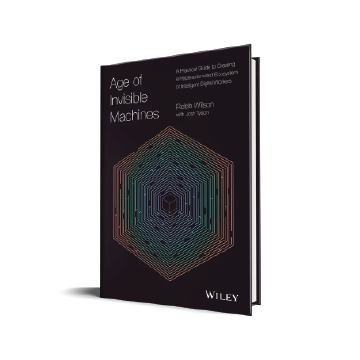“It would be poetic justice for 2020 to be the year that everything in Conversational Commerce comes into focus; but that is too much to ask. Still, several positive trends are afoot as we enter the second decade of the millennium and should result in very positive outcomes ten years hence.
Here are the Top Five:
- Conversational AI adoption is accelerating and is “use case driven”.
- Past investment in stand-alone chatbots can join IVR and mobile to support Conversational Commerce.
- The #1 challenge is building a “Single Source of Truth” to inform agents, chatbots and voicebots with the consistently correct answers or recommendations at scale.
- Intelligent Authentication is more important than ever.
- Brands will benefit from optimizing both customer and employee experience by thinking of them as workflows.”
Shifting from “Chatbots” to Conversational AI
“Three years ago, Opus Research noted that investment in what we call “Enterprise Intelligent Assistants” (AKA “chatbots”) were queries coming from top management. This gave rise to development and deployment of hundreds of thousands of “chatbots”. Too many of them specialize on a narrow set of functions like form filling or Q&A at a departmental level and are not integrated with counterparts in other divisions or functional areas. Queries from top management have rightly evolved from “What is our bot strategy?” to the slightly more sophisticated “What’s our AI strategy?”
The distinction reflects subtle evolution from the belief that automated virtual agents, AKA “bots”, could be quickly trained to handle the bulk of repetitive interactions with prospects and customers. These digital employees brought the dual benefit of lowering operating expenses through automation while boosting morale among customer care professionals by engaging them only when their digital counterparts were unable to resolve an issue. In this idealized IA Utopia, the very nature of work for customer care agents is fundamentally changed from dull, repetitive activities to much more creative and challenging handling of more complex problems that are result in more meaningful and gratifying engagements with customers.
Experience has been a great teacher. The early adopters now understand that they must reel in spending on a multiplicity of proof of concepts and special purpose bots and take a enterprise-wide approach to improving customer experience in a conversational model, over time and across multiple channels. Adding more Intelligent Assistants is an expensive, managerial nightmare. What’s needed is company-wide, coordinated management of Conversational resources.”
Read the full article from Opus Research here.

